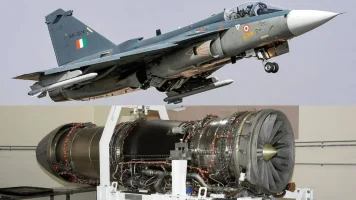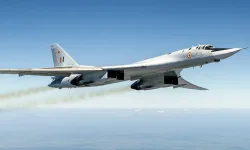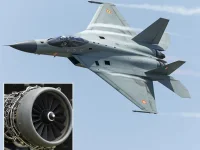
The Indian Air Force's (IAF) decision to route eight Rafale fighter jets through Egypt and Greece on their return from the Red Flag exercise in Alaska is a calculated move with significant tactical and geopolitical implications.
Why Egypt and Greece?
The choice of these two countries for refueling and potential joint exercises is strategic for several reasons:Tactical Benefits
- Shared Fighter Platforms: Both Egypt and Greece operate Rafale, Mirage 2000, and F-16 fighter jets, the same platforms used by the IAF. This allows for valuable knowledge exchange, shared training scenarios, and assessment of the Rafale's capabilities against these other advanced fighters.
- Maintenance and Servicing Expertise: These nations have extensive experience maintaining and servicing these aircraft, providing the IAF with opportunities to learn and improve their own practices.
Geopolitical Significance
- Strengthening Strategic Partnerships: These pit stops underscore India's growing strategic ties with Egypt and Greece, both key players in their respective regions.
- Egypt: As a major Arab nation, Egypt's strong relationship with India, evidenced by recent high-level visits, makes it a valuable partner.
- Greece: Faced with diplomatic tensions with Turkey, a major arms supplier to Pakistan, Greece has found common ground with India, leading to increased cooperation.
While the primary purpose of these stops is refueling, the potential for joint training exercises and knowledge exchange cannot be overlooked. These interactions could lead to enhanced cooperation, improved interoperability, and a deeper understanding of the Rafale's capabilities in diverse scenarios.
This deployment is part of a broader trend of India expanding its strategic footprint and strengthening its position on the global stage. By leveraging its military capabilities and forging strategic partnerships, India is ensuring its security and promoting its interests in an increasingly complex geopolitical landscape.





